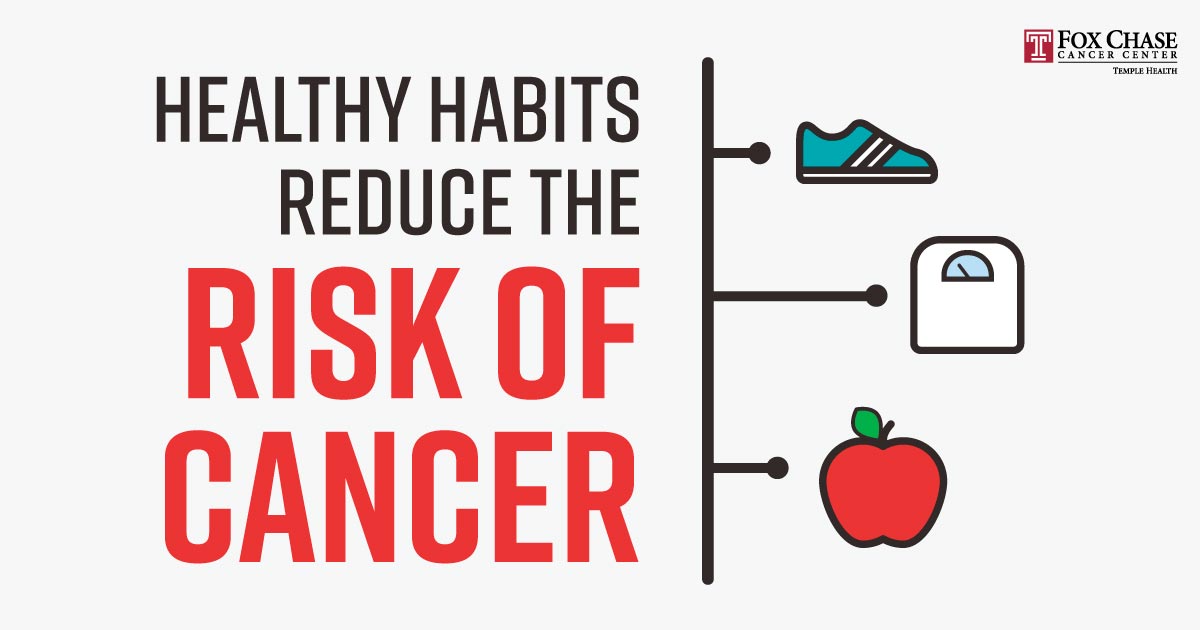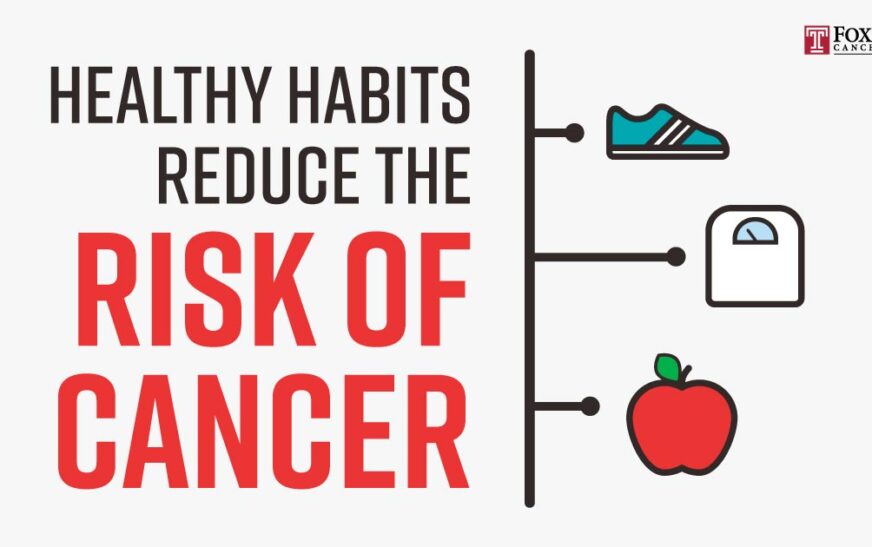How to Reduce Health Risks delves into the key strategies to lead a healthier life, covering the importance of exercise, healthy eating habits, stress management techniques, and regular health check-ups. By following these guidelines, individuals can proactively lower their risk of developing chronic illnesses and improve their overall well-being.
In today’s fast-paced world, prioritizing health is crucial. This guide provides essential insights and practical tips to help individuals make informed choices and take proactive steps towards reducing health risks.
Importance of Regular Exercise
Regular exercise plays a crucial role in reducing health risks and improving overall well-being. By incorporating physical activity into your routine, you can experience a wide range of benefits that contribute to a healthier lifestyle.
Benefits of Regular Exercise
- Improved cardiovascular health: Engaging in exercises like running, cycling, or swimming can strengthen the heart and improve circulation, reducing the risk of heart disease.
- Weight management: Regular physical activity helps burn calories and build muscle, aiding in weight loss or maintenance, which is essential for reducing the risk of obesity-related illnesses.
- Enhanced mental health: Exercise releases endorphins that can reduce stress, anxiety, and depression, promoting better overall mental well-being.
Types of Exercises to Lower Health Risks
- Aerobic exercises: Activities like brisk walking, dancing, or aerobics can improve cardiovascular fitness and lung function, reducing the risk of heart disease and stroke.
- Strength training: Lifting weights or using resistance bands can help build muscle mass, increase metabolism, and improve bone density, lowering the risk of osteoporosis.
- Flexibility exercises: Stretching or yoga can enhance flexibility, balance, and posture, reducing the risk of injuries and improving overall mobility.
Overall Health and Well-being
Regular physical activity not only reduces the risk of chronic diseases but also enhances overall health and well-being. Exercise can boost energy levels, improve sleep quality, and increase longevity, leading to a better quality of life.
Healthy Eating Habits

Eating a balanced diet plays a crucial role in reducing health risks and promoting overall well-being. A nutritious meal plan can help lower the risk of chronic diseases and improve quality of life. By incorporating a variety of healthy foods into your daily meals, you can ensure that your body receives essential nutrients to function optimally.
Impact of a Balanced Diet, How to Reduce Health Risks
- Reduces the risk of heart disease, stroke, and diabetes
- Supports healthy weight management and reduces the risk of obesity
- Boosts the immune system and reduces the risk of infections
- Improves digestive health and reduces the risk of gastrointestinal disorders
Tips for Creating a Nutritious Meal Plan
- Include a variety of fruits and vegetables in different colors to ensure a range of nutrients
- Incorporate whole grains such as brown rice, quinoa, and whole wheat bread for fiber and energy
- Choose lean proteins like poultry, fish, tofu, and legumes for muscle health and satiety
- Avoid processed foods high in added sugars, salt, and unhealthy fats
- Stay hydrated by drinking plenty of water throughout the day
Importance of Key Food Groups
- Fruits: Provide essential vitamins, minerals, and antioxidants for overall health
- Vegetables: Rich in fiber, vitamins, and phytonutrients that promote disease prevention
- Whole Grains: Good sources of complex carbohydrates, fiber, and nutrients for sustained energy
- Lean Proteins: Essential for muscle repair, growth, and hormone production
Stress Management Techniques
Stress is a common factor in today’s fast-paced world that can have detrimental effects on our health if not managed effectively. By incorporating stress management techniques into our daily routines, we can reduce the risk of developing various health issues.
Mindfulness Meditation
Practicing mindfulness meditation involves focusing on the present moment without judgment, which can help reduce stress and improve overall well-being. Set aside a few minutes each day to sit quietly and pay attention to your breath or sensations in your body. This practice can help calm the mind and reduce stress levels.
Yoga
Yoga combines physical postures, breathing exercises, and meditation to promote relaxation and reduce stress. Regular practice of yoga can help lower cortisol levels, the stress hormone, and improve mental clarity. Consider joining a yoga class or following online tutorials to incorporate this stress-relieving practice into your routine.
Progressive Muscle Relaxation
Progressive muscle relaxation involves tensing and then relaxing different muscle groups in the body to release tension and promote relaxation. This technique can help reduce physical symptoms of stress such as muscle tightness and headaches. Practice progressive muscle relaxation before bed or during breaks throughout the day to alleviate stress.
Importance of Regular Health Check-ups
Regular health check-ups play a crucial role in maintaining overall well-being and preventing potential health risks. These routine screenings can help detect any underlying health issues early on, allowing for prompt intervention and treatment.
Recommended Screenings
- Blood Pressure: Recommended for all adults at least once every two years.
- Cholesterol Levels: Starting at age 20, regular screening every 4-6 years.
- Blood Glucose: For individuals with risk factors, such as obesity or family history of diabetes.
- Mammograms: Women aged 40 and above should have regular screenings for breast cancer.
- Prostate Cancer: Men aged 50 and above should discuss screening options with their healthcare provider.
Role of Early Detection
Early detection through regular health check-ups is essential in managing and reducing the risk of developing serious illnesses. By identifying health issues in their initial stages, individuals have a better chance of successful treatment and improved outcomes. Regular screenings can help monitor changes in health status and provide valuable information for preventive measures.
Conclusive Thoughts: How To Reduce Health Risks
In conclusion, adopting a holistic approach that includes regular exercise, a balanced diet, effective stress management, and routine health check-ups can significantly reduce health risks and promote a healthier lifestyle. By incorporating these practices into daily routines, individuals can enhance their well-being and enjoy a higher quality of life.
Quick FAQs
How often should I exercise to reduce health risks?
It is recommended to engage in at least 150 minutes of moderate-intensity exercise per week to lower health risks.
What are some stress management techniques that can help reduce health risks?
Practices like mindfulness meditation, deep breathing exercises, and yoga can be effective in managing stress and reducing health risks.
Why are regular health check-ups important for reducing health risks?
Regular health check-ups can help in early detection of potential health issues, allowing for timely intervention and prevention of serious illnesses.







